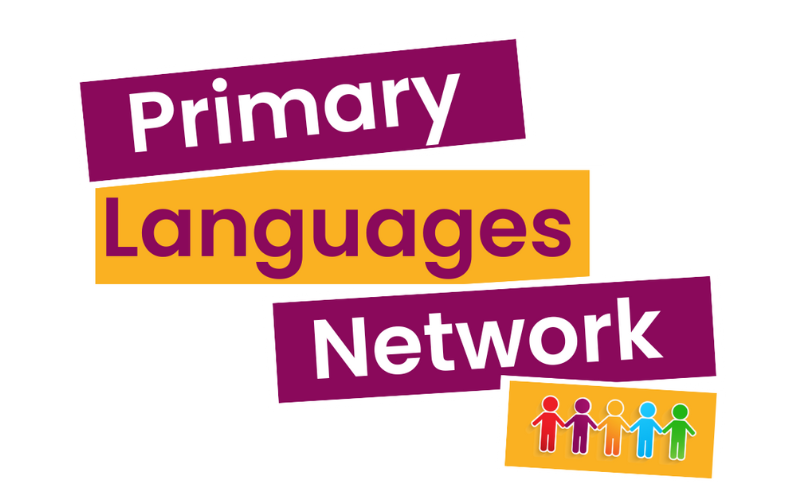With school budgets and cost of resources being a central issue for many schools, we understand the importance of ‘value for money’ when purchasing subscription services such as ours. Without looking deeper into what you get, paying £275 per year for a premium subscription to a languages curriculum could be considered extravagant. This blog post will try and enlighten why you should consider seriously premium membership for your school, and why it is such great value for money.
First things first…..
Signing up to an annual subscription with PLN (be it school or premium member) gives your whole school access to the range of curriculums and resources. We have made bespoke curriculums for non-specialist teachers, mixed-aged classes, confident teachers, learning by story, season or across the curriculum. These are all carefully woven together in that they meet all of the needs of the DfE targets and expectations in school.
We work endlessly as a company to make sure these resources fit the needs of the teachers.We understand the lack of time given to languages in school, and therefore are always discovering ways of streamlining and simplifying the primary languages teaching and learning process. We have our ear to the ground.The Primary Languages Network team is made up of qualified teachers, either native or fluent target language speakers, working in primary schools themselves.Meet some of the team here. One of the major perks of subscribing to PLN is that it is always changing with the times of education, ensuring that it will always be relevant and remain ‘live’ to the current educational climate. Additionally, with any membership you are entitled to a tour of resources with our network coordinator.
Now, with the necessary preamble out of the way, let’s get down to why choosing premium membership is the best option for maximising language learning at your school
Ticket to PLN Conference
Firstly, this gives you a ticket to the languages conference hosted in Warrington annually, usually, over 120+ attending and nationally known speakers, this really is great event, packed with loads of enthusiasm and a good opportunity to connect with other languages teachers in similar situations to yourself. The ticket for this event for non-members is usually priced at over £100
Staff CPD
With your premium membership, you are now entitled to either a free of charge (or greatly reduced charge,depending on the distance away from us) in-school whole staff training on our resources. This is planned around the non-specialist and will give your teachers the confidence that they can teach languages using our friendly curriculum. These have been proven to be very successful and are a great way for us to help you best with your school. The training can be organized immediately after purchasing premium membership. These are also great opportunities for us to help troubleshoot some areas of concern for you, e.g. are we OFSTED ready, setting up an effective action plan, ideas for school languages days etc.
Well-being pack
In the premium pack you have access to all 40 mindfulness videos in French, Spanish and English, and 10 in German. These are brilliant for practicing breathing and learning the chosen language and have worked in many schools. They comprise of 2-minute clips of breathing, with relaxing stories as well, all come with transcripts. You also get access to our yoga curriculum on animals, and a cultural project shaped around the ‘daily mile’ walking project
Website Help for OFSTED
We have now created a document on the premium dashboard which supports your school in creating an online presence on your web page related to languages. We have learned that it is crucial to show what exactly is being done in your school, and have created a step-by-step document that will guide you through how to do this correctly. In the document we have also provided links to key documents that you may want to show and share. Additonally, we are happy to talk through this document with you and/or your IT support so that they can make the adjustments required. We really are here to help with these things!
School signage
You also get access to school signage that can be printed off, laminated and placed around your school. It’s a time saver, announces that languages are being learnt in school and the pictures are designed by our company artist so they look great too!
Further support
No matter what the challenge is, we are here to provide you with our best support and guidance. We spend a lot of time with schools, shaping their action plans so that they dovetail with the whole school vision and understand what is required to take the next steps forward. With premium membership, you are entitled to our support throughout the year.
Hopefully, this post has answered some questions as to why you should opt for premium membership,as it allows us as a company and an education service to offer maximum support and have the greatest positive impact on your school’s language learning journey.
Any further questions don’t hesitate to contact us at info@primarylanguages.network













































